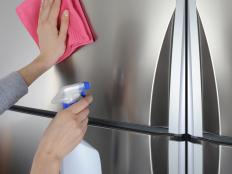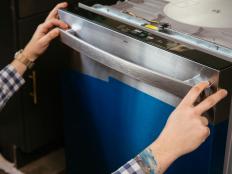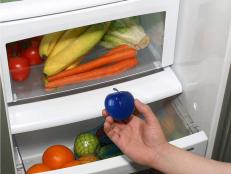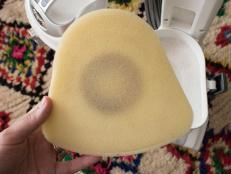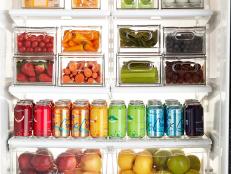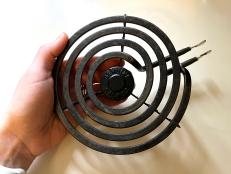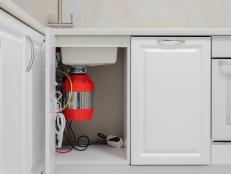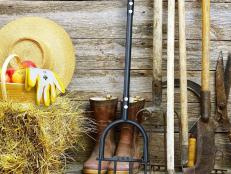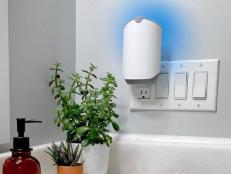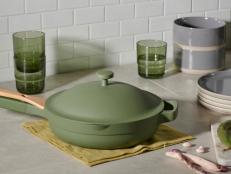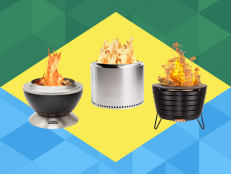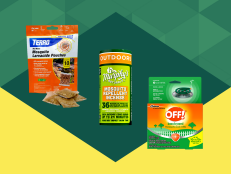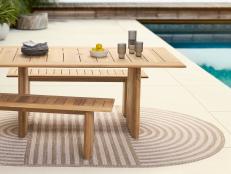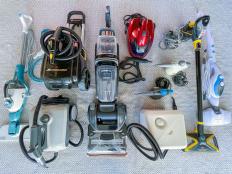Prevent Water Damage from Icemaker
Question: My neighbor's home had a leak at the icemaker. The slow leak there damaged both the carpeting and floor. I have an icemaker but no signs of leaks. What can I do to prevent this kind of damage?
Answer: When an icemaker is added to an existing home, the installer will use an "icemaker valve," a small metal saddle secured to a cold water pipe near the refrigerator. The icemaker kits often come with a small clear plastic water pipe attached to the valve and to the water inlet on the refrigerator.
That piece of flexible plastic tubing is the most likely suspect for a leak. Pinholes in the tubing go unnoticed during installation and remain unnoticed for years, hidden behind the refrigerator. Over a long period of time, hundreds of gallons of water seeping from the tubing can lead to serious structural decay and damage to the wall and floor systems around the refrigerator.
Modern homes usually have a shut-off valve installed in a wall panel behind the refrigerator where soft copper tubing is used to connect the valve to the refrigerator. Pinhole leaks or fractures of copper tubing are possible, but not as likely as in the plastic tubing.
Two things you can do to prevent water damage from an icemaker: 1) Use copper tubing for the connection and 2) Install a battery-operated flood alarm. Properly positioned, the inexpensive battery-operated alarm will respond if the unit detects water from a leak. The alarm can be used in the kitchen, in a basement, near water heaters or any other source of water that could leak and cause damage.
To find such a device on the internet, use your search engine and type in "flood alarm."
(Dwight Barnett is a certified master inspector with the American Society of Home Inspectors.)







